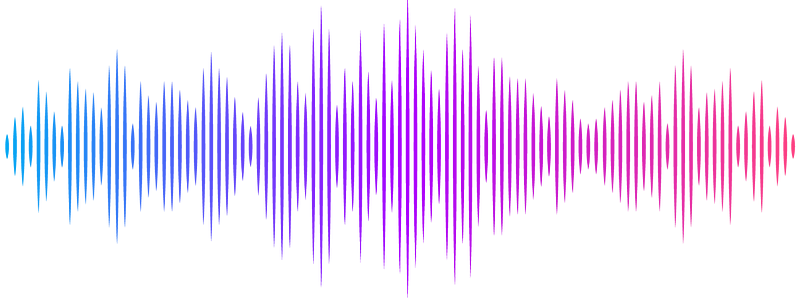Non-invasive Ultrasound Deep Neuromodulation of the Human Nucleus Accumbens Increases Win-Stay Behaviour

Non-invasive Ultrasound Deep Neuromodulation of the Human Nucleus Accumbens Increases Win-Stay Behaviour
Yaakub, S. N.; Bault, N.; Lojkiewiez, M.; Bellec, E.; Roberts, J.; Philip, N.; Rushworth, M. F.; Fouragnan, E. F.
AbstractPrecisely neuromodulating deep brain regions in humans could bring transformative advancements in both cognitive neuroscience and brain disorder treatment. In a within subject experiment, twenty-six healthy adults underwent a series of transcranial ultrasound stimulation procedures, including stimulation of the nucleus accumbens, the dorsal anterior cingulate cortex, or no sonication. Results revealed that ultrasound stimulation of the nucleus accumbens (NAcc) induced changes in reward-related behaviours, including in the tendency to stick with winning choices, the rate of learning specifically from positive feedback, and the rate of repeating rewarded choices. Functional brain scans showed corresponding neural changes in response to reward expectations in targeted and interconnected brain areas. These findings demonstrate the causal role of the human NAcc in learning from positive feedback, as well as the feasibility of using non-invasive neuromodulation deep in the human brain to modulate learning and decision making both as a research tool and as a potential component of future treatments for disorders involving reward sensitivity.